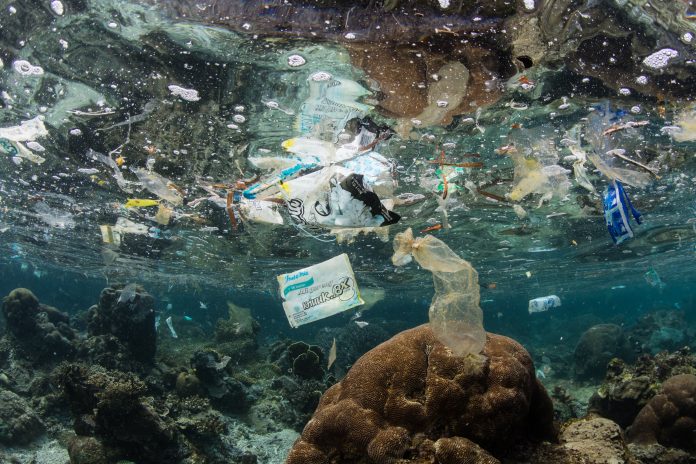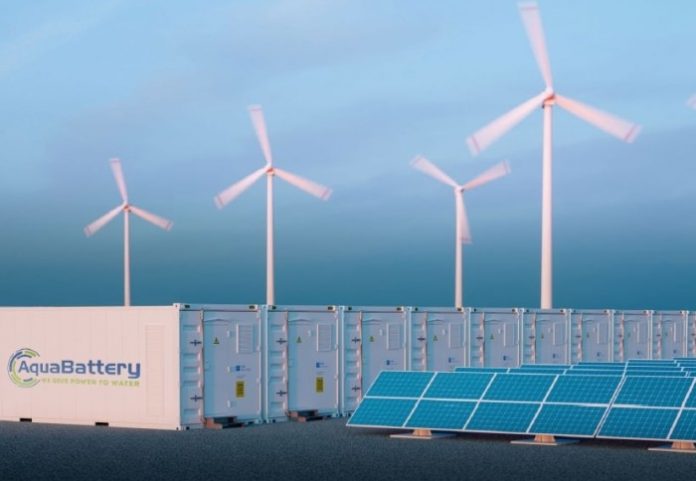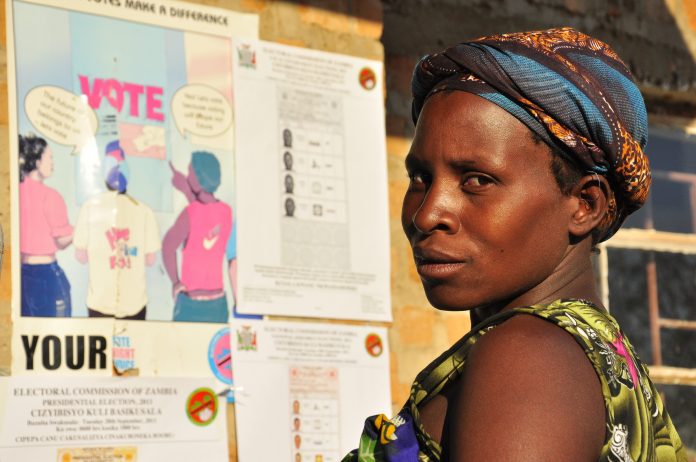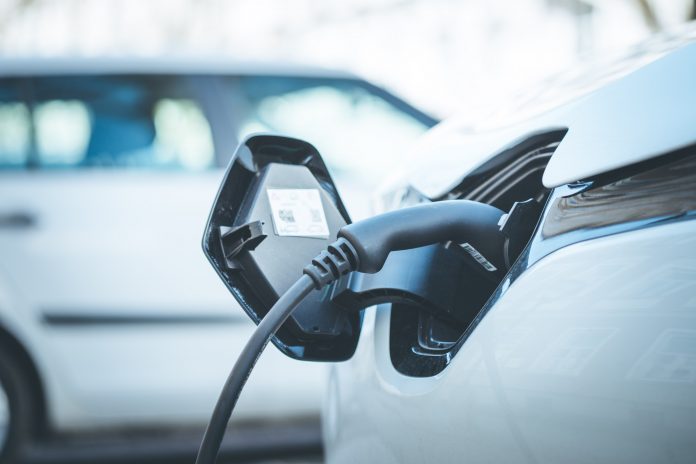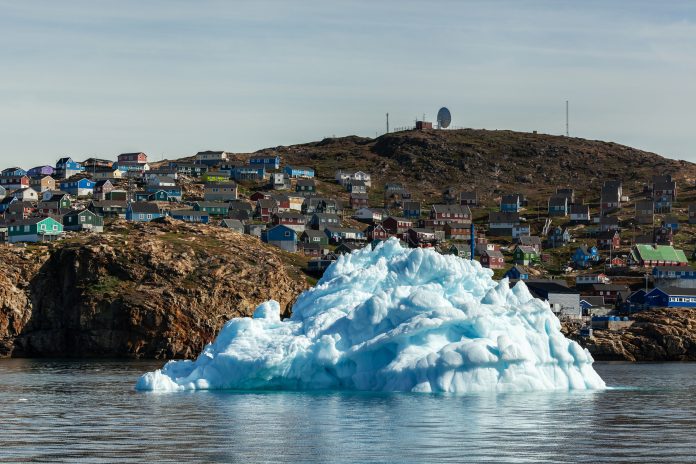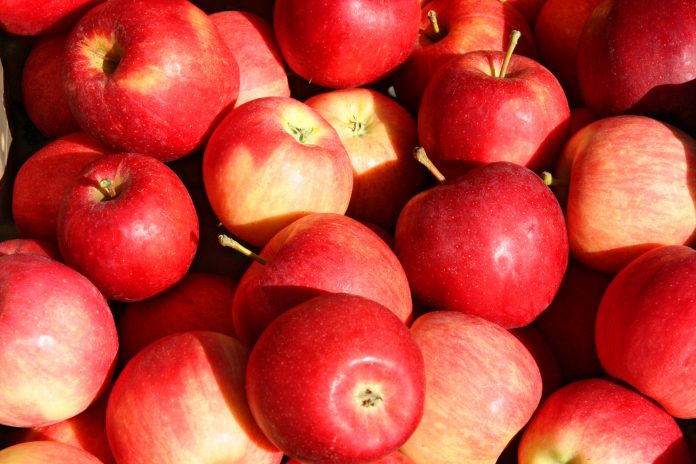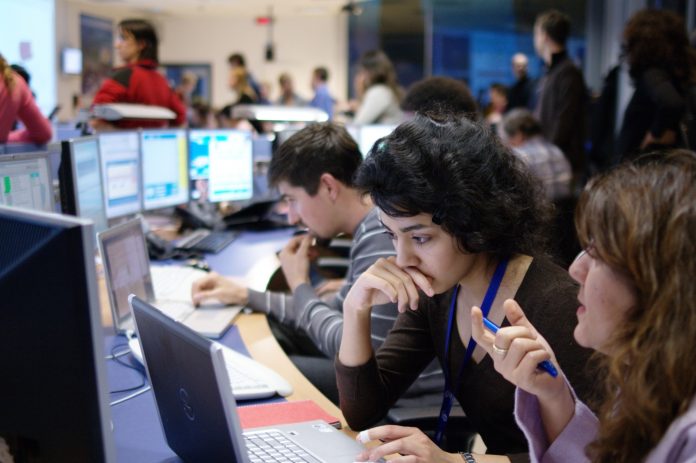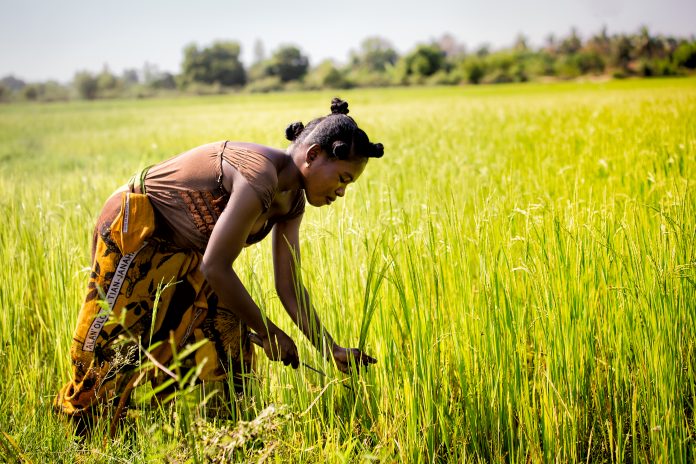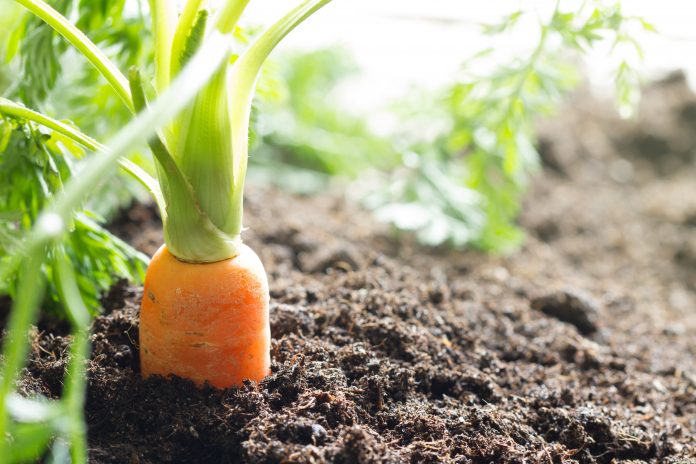Open Access Government produces compelling and informative news, publications, eBooks, and academic research articles for the public and private sector looking at health, diseases & conditions, workplace, research & innovation, digital transformation, government policy, environment, agriculture, energy, transport and more.
Home Search
climate change - search results
If you're not happy with the results, please do another search
Can vitamin D help combat the effects of preeclampsia?
Shona Wilkinson at Nutrigums explains how vitamin D could be the secret weapon to combating the effects of preeclampsia.
Research finds microplastics carrying pathogens into sea
Microplastics carrying pathogens into the ocean via land based parasites are affecting wildlife and human health.
Using marine heatwave forecasts to predict ecological impacts
Marine heatwave forecasts could potentially provide up to one year’s notice of changes to ocean temperatures, predicting effects on ecosystems.
€2.5 million EU grant for sustainable saltwater battery project
An Imperial College London graduate, Jiajun Cen, won a €2.5 million grant from the European Innovation Council to develop a saltwater battery.
Creating sustainable sand: A solution to mineral waste?
Researchers have found that a step-change in mineral processing may drastically reduce mineral waste, while creating a source of sustainable sand.
Reduce air pollution from microfibres by avoiding tumble drying
Tumble drying laundry can worsen air pollution, as it releases vast amounts of possibly harmful microfibres into the air, if not coupled with more eco-friendly methods.
What is the FuelEU Maritime Regulation?
Constantine Catsambis, Rapporteur for the EESC opinion on FuelEU Maritime, explains how the FuelEU Maritime Regulation could improve the climate.
The great democratic deficit of women in politics
Gender parity in the public sector remains an essential endeavour: with diversity and inclusion at the forefront of modern politics, we still beg the question, where are all the women?
Can electric cars save the UK from carbon emissions?
Though electric cars are greener than those running on fossil fuels, they generate mass carbon emissions during production and remain predominantly inaccessible.
Scientific sunburn & skin cancer (Part 2)
Chanda Siddoo-Atwal continues the discussion about scientific sunburn & skin cancer focusing on sunscreens that prevent scientific sunburn (apoptosis).
Why is fostering effective dialogue between government and the research community so vital?
Nicolas Pade, Executive Director at EMBRC-ERIC, looks at the innovation and research community to boost climate efficiency in local and central governments.
Filling in the gaps of Lake Geneva’s carbon cycle research
Marie-Elodie Perga, Associate Professor of the Institute of Earth Surface Dynamics at the University of Lausanne, discusses SNSF funded Project CARBOGEN, which studies Lake Geneva’s carbon cycle.
NHS carbon emissions set to miss 2040 net zero goal
The NHS has pledged Net Zero carbon emissions by 2040, yet annual reports indicate the NHS are to miss this goal – adaption to necessary circular economy models is crucial.
Less pesticide, more profit: Testing new options to sustain apple production
Mark Gleason, Professor, Iowa State University Department of Plant Pathology, Entomology, and Microbiology in the U.S., describes the pesticide problem and in this vein, why testing new options is needed to sustain apple production.
Sustainable buildings
Borja Izaola, Project Manager from GBCe (Green Building Council España), tells us what we need to know about sustainable buildings.
One in five LGBT+ physicists experience exclusionary behaviour
LGBT+ physicists face exclusionary behaviours that can lead to a change of field - with 15% of early career scientists identifying as LGBT+, what could this mean for the future?
AI to study ancient writing systems
Shai Gordin, Senior Lecturer at Digital Pasts Lab, Ariel University in Israel, enlightens us on the use of artificial intelligence (AI) for studying ancient writing systems.
Energy efficiency must be prioritised first in heating
Carsten Østergård Pedersen, Rune Kaagaard Sørensen and Asbjørn Bjerregaard Ebbesen from Grundfos Holding A/S argue that energy efficiency should be prioritised first in heating
Croplands relocation could cut global carbon emissions by 71%
Croplands relocation could restore habitats and lessen carbon emissions, if major food crops were moved to minimise environmental impact.
Caretaking of soil organic matter and its far-reaching effects
Lynn Brandenberger, Professor of Horticultural Food Crops and Ajay Nair Associate Professor Extension Vegetable Specialist, discuss the importance of soil care for crop production, particularly when it comes to soil organic matter


